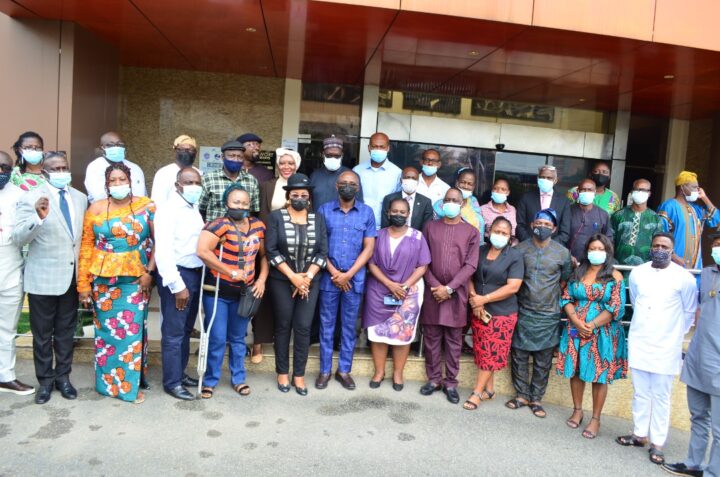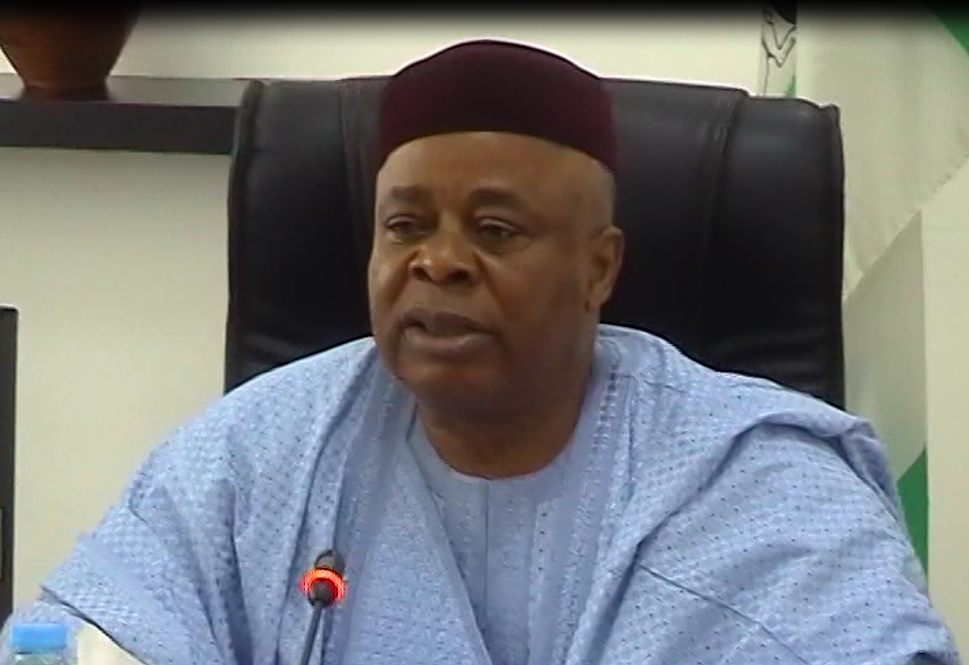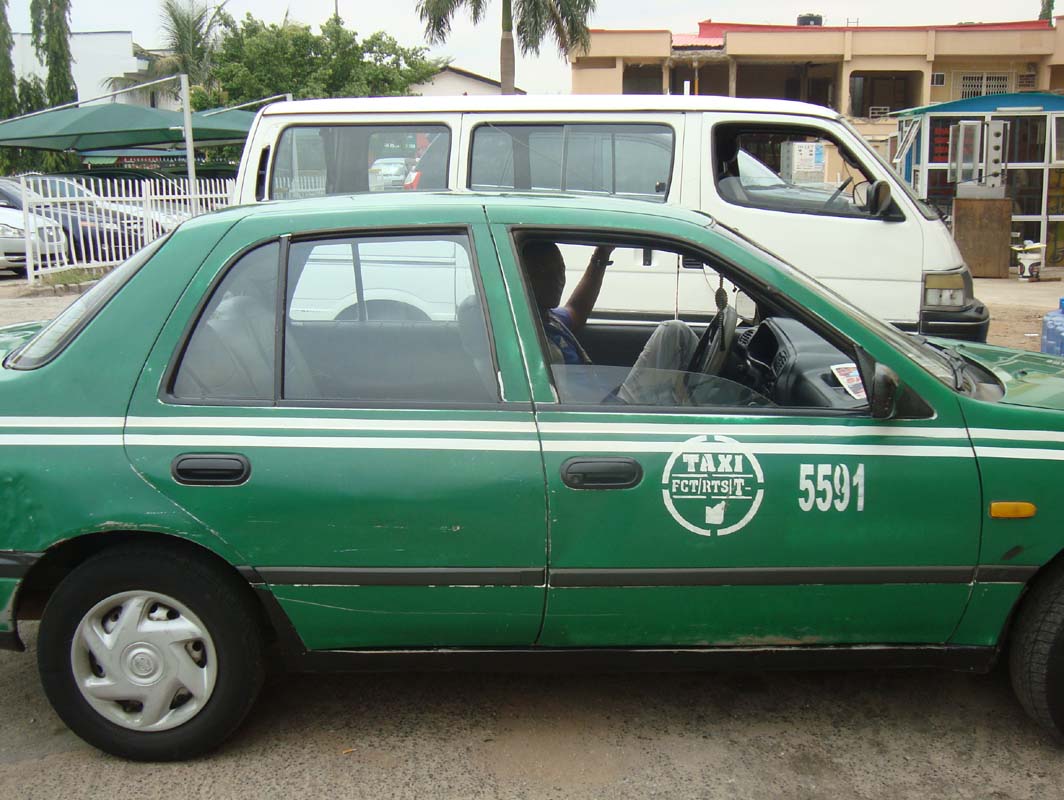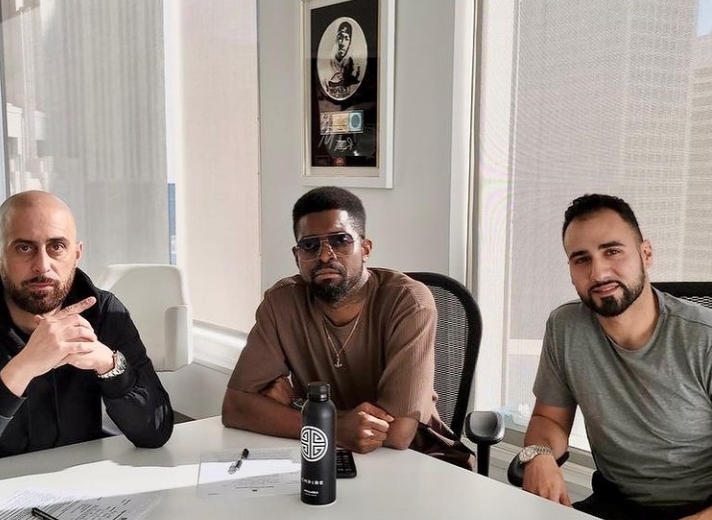Hussaini Abdu, country director of CARE International Nigeria, says civil society organisations (CSOs) need to come up with strategies on how they can self-regulate and be more accountable.
Abdu spoke on Tuesday, during the regional multi-stakeholder consultation workshop on civil society self-regulation framework development in Nigeria.
He said the trust reposed in civil society groups has become weak, and there is the need to develop frameworks that will change the wrong narrative about the organisations.
“We still have people that feel CSOs should not be regulated, but it doesn’t work that way,” Abdu said.
Advertisement
“The conversation is on; our donors, partners, supporters in the world are interested in seeing us become more organised, more accountable, and legitimate. So, we have that opportunity to leverage this support and ensure that we have the right foundation.
“We’re increasingly being scrutinised. People ask questions about our funding, agenda of donors, who you represent. who you’re accountable to and impacts achieved.
“Therefore, it is important to organise, so that we self-regulate and be able to respond to those kinds of questions. When we put up a structure, have common values, standards, they will know we are better.
Advertisement
“Our public trust is weak despite our influence. Trust is an asset; both social and economic asset. So, these are the opportunities that shape what we need to do and that is to capitalise on them.”
Saudatu Mahdi, executive director of Women’s Rights Advancement and Protection Alternative (WRAPA), said the problem of the proliferation of civil society groups has made it difficult to know the genuine ones.
She added that it is important to have CSOs founded on accountability and also conform to laid-down laws.
“We now have a competitive atmosphere between the real CSOs and the fake ones,” Mahdi said.
Advertisement
“CSOs need self-regulatory mechanisms where people can be held accountable. When you recognise you are influential, the searchlight will beam on you. So, there is the need to be conscious of that and act in a way that does not bring embarrassment.”
On his part, Harry Udoh, chairperson of the national technical committee on CSO self-regulatory framework, said the workshop was designed to help civil society groups be more accountable.
“We are here because we need to get templates for civil society organisations within this region and give them the opportunity to review existing self-regulation framework, see which of them they will adopt that will collectively be acceptable,” he said.
“There are different models of self-regulation that say for you to operate, you have to certify yourself to have met certain criteria to operate in the country. Being part of that makes you acceptable for donor agencies and the people you are serving.
Advertisement
“It is all about public trust and when CSOs lose public trust, their legitimacy is lost. The whole issue about self-regulation is being established in your legitimacy and being accountable and transparent in the things you do.
“We are looking at what is workable, doable within our environment, our culture, in Nigeria.”
Advertisement
Add a comment





